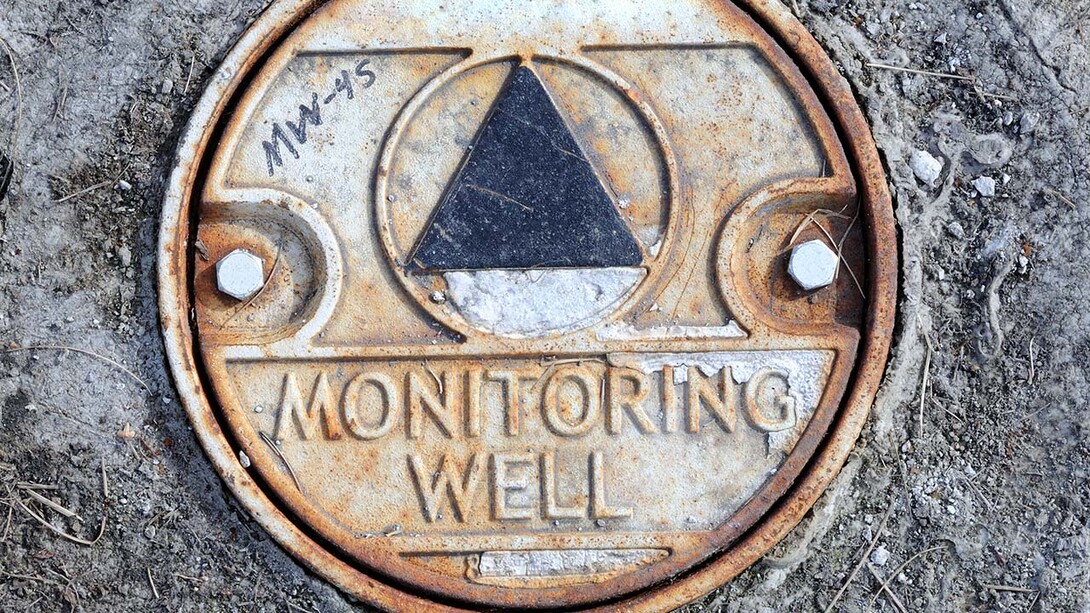
A University of Nebraska–Lincoln phase II project to monitor groundwater quality in the Bazile Groundwater Management Area has received an $86,939 grant from the Nebraska Environmental Trust.
Chittaranjan Ray, director of the Nebraska Water Center, leads the project.
The Bazile Groundwater Management Area in Nebraska’s Antelope, Knox and Pierce counties is the first groundwater-focused management plan in the nation to address nonpoint source pollution. Collection of domestic well water quality data is a promising management practice for identifying water-quality problems and protecting groundwater quality, especially for domestic self-supplied households’ drinking water needs, in areas at risk for nitrate contamination.
The Husker researchers will involve high school students and their teacher advisers in conducting the two-year monitoring project focusing on groundwater quality. The project will increase groundwater awareness among high school students and their families in the management area, and train teachers and students to effectively conduct groundwater quality data collection.
Five high schools in the management area – Wausa, Orchard, Creighton, Plainview and Osmond – will participate in the study. National FFA Organization chapters and science clubs also will participate. Approximately 30 rural wells per school will be identified by the students in collaboration with the Lower and Upper Elkhorn, Lower Niobrara and Lewis and Clark Natural Resources Districts. Basic water quality parameters (i.e., pH, electrical conductivity), major ions (i.e., nitrate, nitrite, phosphate, calcium), metals (i.e., uranium, iron, arsenic), pesticides and bacteria will be tested using field test kits and laboratory methods.
The project is one of 118 receiving $20 million in grant awards from the NET this year. Of these, 73 were new applications and 45 are carry-over projects.
The Nebraska Legislature created the NET in 1992. Using revenue from the Nebraska Lottery, the trust has provided more than $328 million in grants to more than 2,300 projects across the state. Anyone – citizens, organizations, communities, farmers and businesses – can apply for funding to protect habitat, improve water quality and establish recycling programs in Nebraska. The NET works to preserve, protect and restore the state’s natural resources for future generations.







